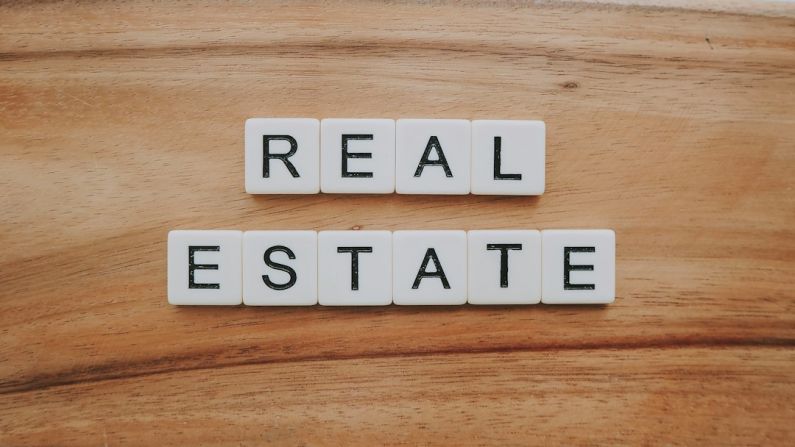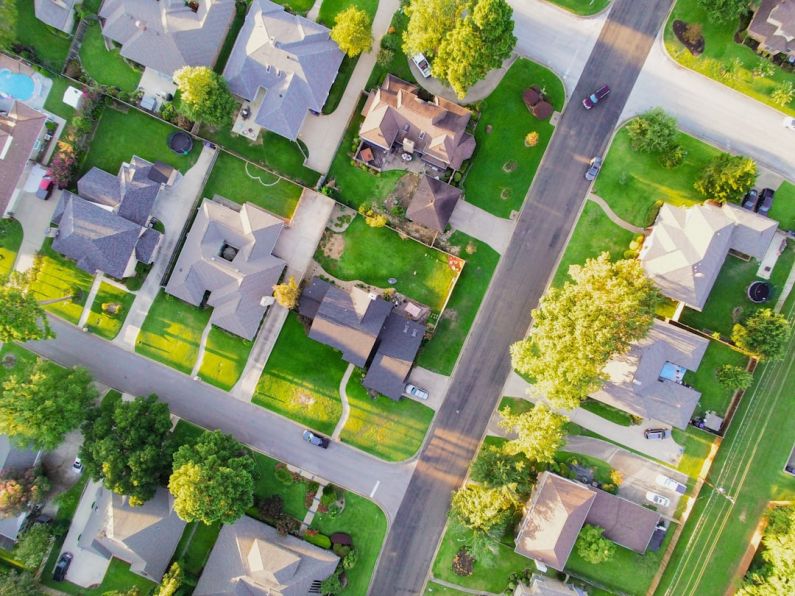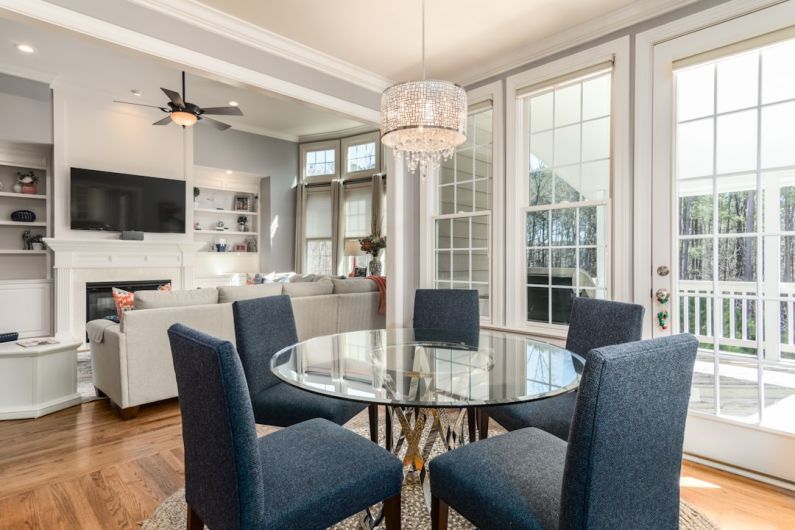How to Evaluate the Energy Efficiency of a Home before Buying?
When purchasing a new home, it is crucial to consider its energy efficiency. Not only does an energy-efficient home help reduce your carbon footprint, but it can also save you money on utility bills in the long run. However, evaluating the energy efficiency of a property is not always an easy task. To assist you in making an informed decision, here are some key factors to consider when assessing the energy efficiency of a home.
Insulation
One of the primary factors in determining a home’s energy efficiency is its insulation. Good insulation helps to regulate the temperature inside the house, keeping it comfortable throughout the year. Insulation is typically found in the walls, attic, and floors. When evaluating a property, check if the insulation is in good condition and meets the recommended standards. Look for signs of wear and tear, such as cracks or gaps, as these can lead to energy leaks.
Windows and Doors
Windows and doors are another crucial aspect of a home’s energy efficiency. They play a significant role in maintaining the internal temperature and preventing drafts. Inspect the windows and doors for any signs of damage, such as cracks or gaps. Double-glazed windows are highly recommended as they offer better insulation compared to single-glazed ones. Additionally, check if the doors are well-sealed to prevent air leakage.
Heating and Cooling Systems
The heating and cooling systems in a home heavily impact its energy efficiency. Older systems tend to be less efficient, resulting in higher energy consumption. When evaluating a property, ask about the age and condition of the heating and cooling systems. Consider whether they need to be upgraded or replaced to ensure optimal energy efficiency. Energy-efficient systems, such as heat pumps or geothermal heating, can significantly reduce your energy consumption and costs.
Appliances and Lighting
The appliances and lighting fixtures in a home can also contribute to its energy efficiency. Energy-efficient appliances, such as refrigerators, dishwashers, and washing machines, are designed to use less energy without compromising performance. Look for appliances with the ENERGY STAR label, as they meet strict energy efficiency criteria. Similarly, consider the lighting fixtures in the house. LED bulbs are more energy-efficient and have a longer lifespan compared to traditional incandescent bulbs.
Energy Audit
To get a comprehensive evaluation of a home’s energy efficiency, consider conducting an energy audit. A professional energy auditor can assess the property’s insulation, heating and cooling systems, appliances, and overall energy usage. They will provide you with a detailed report outlining areas for improvement and potential energy-saving measures. While an energy audit may require an upfront cost, it can save you money in the long run by identifying areas where you can reduce energy consumption.
Consider the Location
Lastly, when evaluating a home’s energy efficiency, consider its location. Factors such as climate, temperature fluctuations, and proximity to amenities can affect energy usage. For example, a home in a cooler climate may require more heating, while a property in a warmer climate may rely heavily on air conditioning. Additionally, consider the availability of renewable energy sources in the area, such as solar or wind power. These factors can impact the overall energy efficiency of the property.
In conclusion, assessing the energy efficiency of a home before buying is essential for both the environment and your wallet. By considering factors such as insulation, windows and doors, heating and cooling systems, appliances and lighting, and conducting an energy audit, you can make an informed decision. Remember to also take into account the location of the property and its impact on energy usage. By prioritizing energy efficiency, you can enjoy a comfortable and environmentally friendly home while reducing your energy costs.






